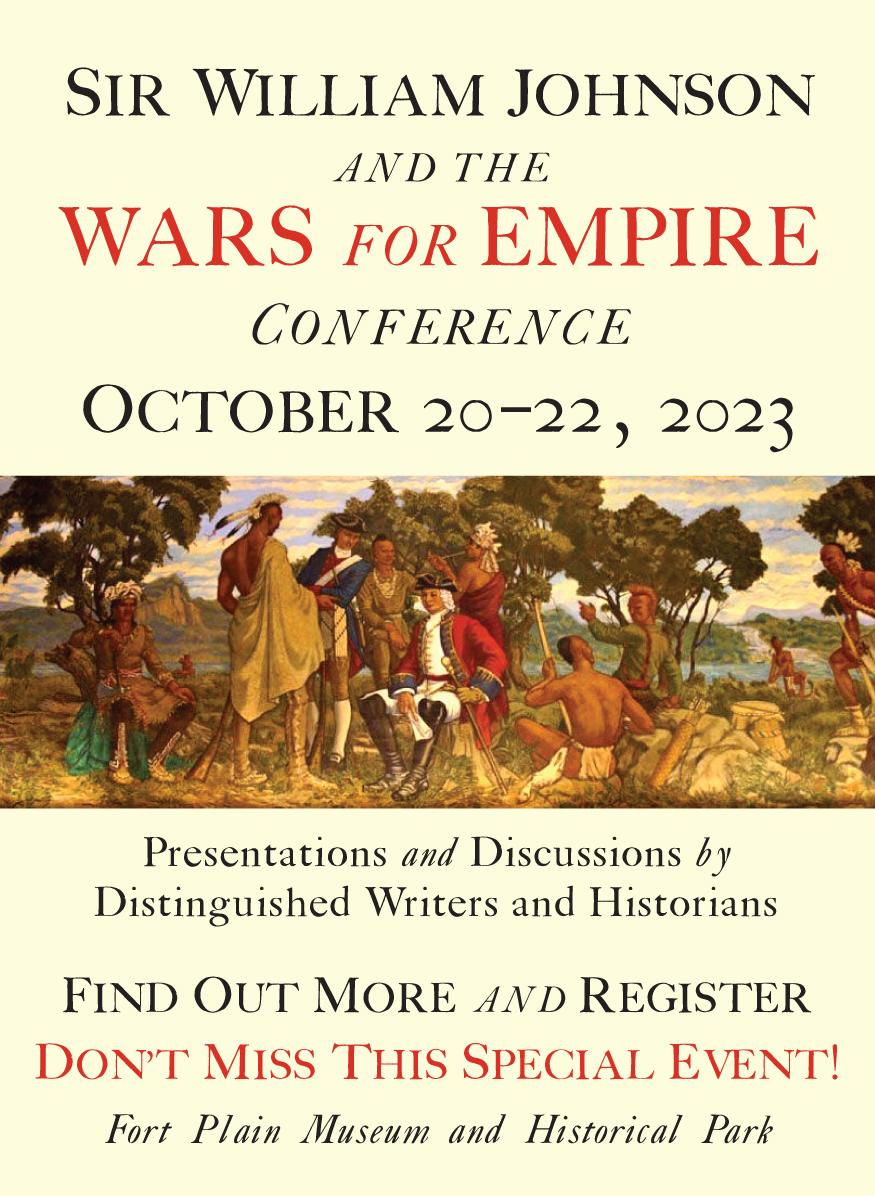Four years into the Seven Years’ War, an expensive global conflict known better as the French and Indian War in America, a twenty-two-year-old prince was crowned King of the British Empire upon the death of his grandfather, King George II. The London Gazette was the first to publish news of the accession of King George III in its October 27, 1760, edition:
Whitehall, October 26, 1760.
Yesterday in the morning, between the hours of seven and eight, our late most gracious Sovereign King George the Second was suddenly seized, at his palace at Kensington, by a violent disorder, and fell down speechless and soon expired, notwithstanding all possible methods used for his recovery. His Majesty departed this life in the 77th year of his age, and the 34th of his reign; beloved, honoured, and regretted by his subjects, for his eminent and royal virtues… That the High and Mighty Prince George Prince of Wales, is now, by the death of our late Sovereign, of happy memory, become our only lawful and rightful Liege Lord George the Third, by the Grace of God, King of Great Britain, France and Ireland, defender of the Faith, and so forth: To whom we do acknowledge all faith and constant obedience with all hearty and humble affection, beseeching God, by whom Kings and Queens do reign, to bless the Royal Prince George the Third with long and happy years to reign over us.
Given at the Court at Carleton House, this 25th day of October, 1760
GOD Save the KING.
Later in the same issue, the first formal address of the new king was published, revealing his affable eloquence and acknowledging a rapidly growing national debt as well as his desire for peace.
The Loss that I and the nation have sustained by the death of the King, my grandfather, would have been severely felt at any time; but coming at so critical a juncture, and so unexpected, it is by many circumstances augmented, and the weight now falling upon me much increased: I feel my own insufficiency to support it as I wish; but, animated by the tenderest affection for this my native country, and depending on the advice, experience, and abilities of your Lordships, on the support and assistance of every honest man, I enter with chearfullness into this arduous situation; and shall make it the business of my life to promote, in every thing, the glory and happiness of these kingdoms, to preserve and strengthen both the constitution in Church and State; and, as I mount the throne in the midst of an expensive, but just and necessary war, I shall endeavor to prosecute it in the manner the most likely to bring on an honourable and lasting peace, in concert with my Allies.
A new monarch comes with great excitement for a fresh beginning and some locals reflected positively, such as Member of Parliament Horace Walpole, who wrote in his memoirs:
No British monarch had ascended the throne with so many advantages as George the Third. Being the first of his line born in England, the prejudice against his family as foreigners, ceased in his person… In flower and bloom of youth George had a handsome, open, and honest countenance, and with the favour that attends the outward accomplishments of his age, he had none of those vices that fall under the censure of those who are past enjoying themselves.[1]
At twenty-two, George III was the youngest monarch since Edward VI was crowned in 1547 at the age of nine. He was also unmarried, which presented a wild card choice of queen that could affect war-time alliances. The new king’s impressionable youth at a time of war, rising national debt and general uncertainty could have all caused some concern, particularly to those living across the Atlantic Ocean.
Shortly after George III’s coronation, the Maryland Gazette (December 17, 1761) published on its front page “A short account of the several MONARCHS of ENGLAND, from the Conquest to the present Time, with their Ages when they ascended the THRONE, and the Advantages or Disadvantages, which accrued thereby to the Nation.”
From William the Conqueror in the eleventh century to George II in the eighteenth, the Maryland Gazette briefly analyzes the strengths and weaknesses of 31 monarchs. The reader can do some easy math to determine the average age of all monarchs at the time of accession was approximately twenty-nine, but the average age of new rulers during the most recent two hundred years was forty-three, nearly double the age of King George III. It was no wonder that some observers expressed quiet anxiety about who might influence the young monarch and become the real power behind the throne: perhaps his former tutor, the Earl of Bute?
Other Britons, however, were pleased at the thought of a young man becoming monarch, seeing the possibility of new energy and reform. Soon those hopes appeared to pay off with victory over France in 1763. Colonists in North America joined subjects in Britain in rejoicing at the auspicious beginning of the young king’s reign. But soon the royal government turned to the difficult question of how to pay down the nation’s huge wartime debt.
For more information about the ages of key participants of the American Revolution, read “Ages of Revolution: How Old Were They on July 4, 1776?”
1. Horace Walpole, Memoirs of the Reign of King George III, ed. D. Jarrett (4 vols, New Haven and London, 1999), I, 6-7.











Recent Articles
The Milford Connecticut Cartel
Ordinary Greatness: A Life of Elias Boudinot
Dr. Warren’s Crucial Informant
Recent Comments
This is fascinating and incredibly useful, thank you! I've been working intimately...
Thanks for the comment. Love to hear more detail about your evidence...
I appreciate you taking the time to respond and I would like...